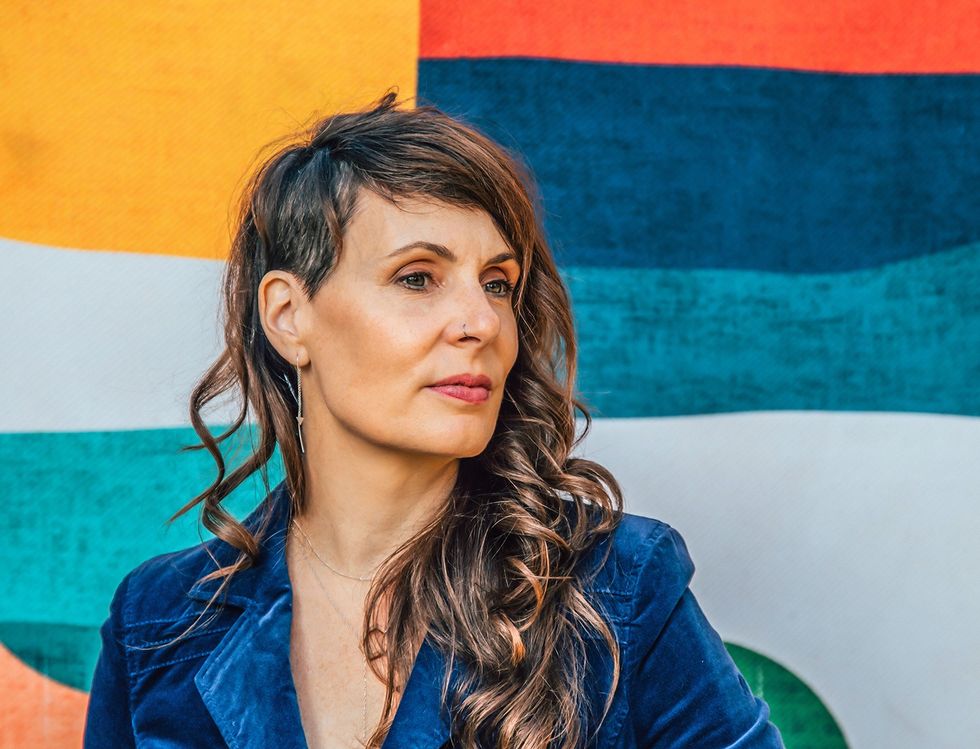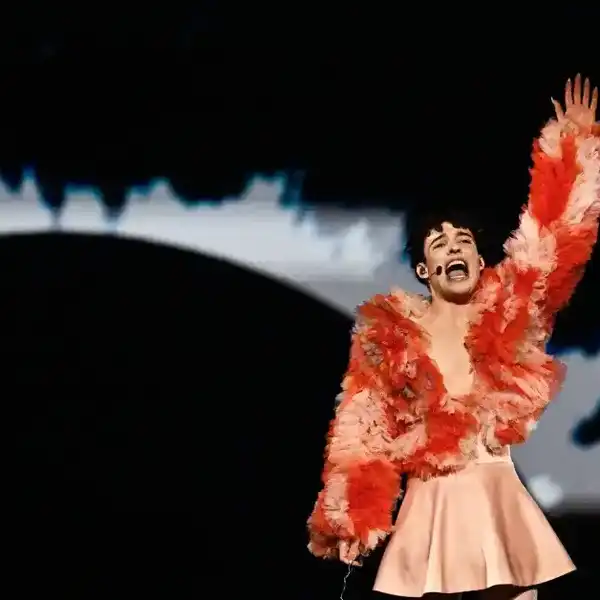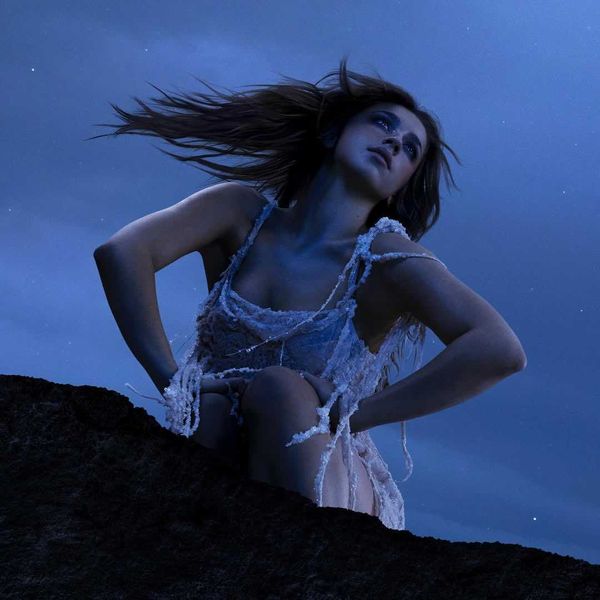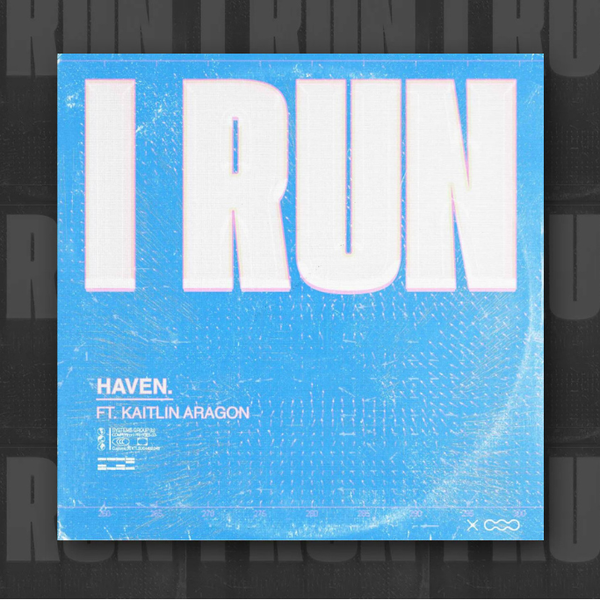A Conversation With... Elizabeth Shepherd
Three Things - or The Gospel According to Elizabeth Shepherd

By Bill King
Three Things - or The Gospel According to Elizabeth Shepherd
I first noticed Elizabeth Shepherd through NOW Magazine, when print mattered and music scribes held your attention. Shepherd seemed to hit the mark with her gutsy jazz/hip-hop brand and spoken word. With Three Things, her seventh album, the jazzy innovator goes where impulse leads. That free improvisation style. Although improvisation ignites the cycle, many of those ideas strengthen into measured songs through experimentation and play. Three Things reveals the newly gained techniques and highly rewarding presentation. Shepherd and I discuss music, family, isolation, and the landscape ahead. The below note accompanies the pending release. This is where we begin with this week’s FYIMusicNews.ca podcast.
Three weeks before the world went into lockdown, Elizabeth Shepherd had an epiphany. The self-described lone-wolf composer realized that she was, at heart, an improviser. She had invited Jasper Hoiby, a renowned Danish bass player, to spend a week working on music at her home in the Laurentian mountains north of Montreal. The two musicians had never met but an easy friendship was accelerated by the intimate encounter of spending 8-12 hours a day making improvised music together.
The experience made Shepherd yearn for more collaborations and she reached out to some of her favourite musicians. That's when the world came to standstill. “I was stuck at home with nobody to create with," says Shepherd. "In Quebec, we couldn’t even leave our homes after dark, let alone travel to meet up with other musicians”.
Shepherd had to find another way to ride her newfound creative wave. So she improvised. She turned to recordings she had made of her sprawling explorations with Hoiby and dissected them.
“I took snippets from our recordings, turned stuff upside down, added layers and synth parts, and came up with these songs. Then I sent them off to musician friends and asked them to add their parts. I ended up with this Frankenstein album that’s very different from what I've done before.”
Different, dense, and daring - Elizabeth Shepherd's self-produced new record Three Things (out on Pinwheel Music on Feb. 17) is a career highpoint by a confident artist. For the better part of two decades, Shepherd's odd-meter, off-kilter funkiness has set her apart as a songwriter. The rhythmic complexity remains but, on Three Things, she often eschews more conventional verse-chorus structures for a sample-rich, sonic collage sometimes reminiscent of Kendrick Lamar. It's worth remembering that Shepherd once was an aspiring classical pianist who fell in love with jazz - via hip-hop.
What makes Three Things such a fascinating listen is the wealth of sound fragments coming together, sometimes for the briefest of moments, to produce a melody, to conjure meaning, only to fade away back into the ether. The clacking of typewriter keys morphs into a percolating banjo progression, and squawking birds commune with a saxophone in full flight. Organic and electronic sounds intertwine seamlessly, sometimes into seismic rumbles and sizzling frequencies that bend and soar out of reach of the human ear. With this sonically saturated work, Shepherd has thrown the doors of perception wide open, as if on a mission to show us that music is everywhere.
On this, her seventh studio album, she comes across less as a composer and more like a wayfinder able to tear in the cosmic fabric a hole large enough to reveal a song. Lyrically, the album touches on themes such as self-acceptance, bridging divides, and fraternal love. The title track is taken from a Biblical passage, as Shepherd attempts to distill her own faith-based cosmology; simply put, love is at the core of everything, and nothing else matters.
“I half-jokingly refer to this as my gospel album,” Shepherd says, aware of the minefield of religious connotations and stylistic references that term carries. Three Things charts a personal faith that uses music to look beyond oneself, express gratitude and connect - with the divine and with others.
“During the pandemic, this huge divide emerged, and it made me realize that I needed to safeguard myself from always surrounding myself with people who think like me – to break the echo chamber, if you will. Here’s someone I may never agree with, but ultimately, we all want the same things – shelter, fulfilment, love, what’s best for our kids - so let's start there.”
Shepherd has an upcoming Canadian tour, beginning on March 16 in Montreal. See the itinerary here.

















